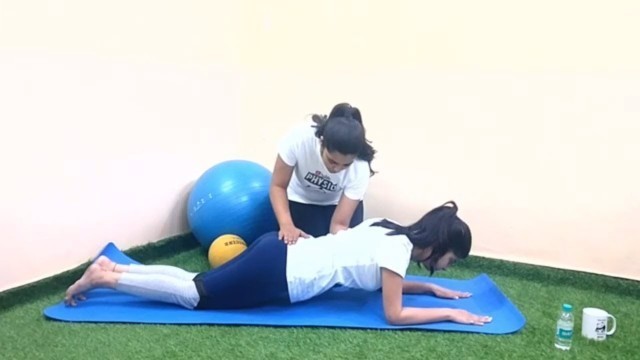

'The Video Content is not intended to be a substitute for professional medical advice, diagnosis, or treatment. Always seek the advice of your physician or other qualified health provider with any questions you may have regarding a medical condition. Never disregard professional medical advice or delay in seeking it because of something you have read or seen on the Site. We hereby disclaims any and all liability to any party for any direct, indirect, implied, punitive, special, incidental or other consequential damages arising directly or indirectly from any use of the Video Content, which is provided as is, and without warranties. Core Stabilization Exercises Core Stabilization Exercises PART 1 (PLANKS) for Posture, Fitness , Back Pain, Sports Performance The human lumbar spine without muscles and viscera collapses easily. To allow movement, carry loads and protect the spinal cord and nerve roots “stability” is required. Stability is provided in a co-ordinated manner by the active (eg muscles), passive (eg lumbar spine) and control (eg neurological systems).[1] There is controversy and some confusion on the definition of the term “core stability”. Traditionally this term has referred to the active component to the stabilizing system including deep/local muscles that provide segmental stability (eg transversus abdominis, lumbar multifidus) and/or the superficial/global muscles (eg rectus abdominis, erector spinae) that enable trunk movement/torque generation and also assist in stability in more physically demanding tasks.Different proponents have advocated different types of core stability exercises ranging from the abdominal drawing in maneuver to sit ups or “plank” type exercises Local musclesThe local/deep muscles have their origin or insertion on the lumbar vertebra therefore can exert a segmental stabilizing/stiffening effect. Standard texts provide detailed information on anatomy on key deep muscles. Product Purchased Links are given below for queries mail us at galenainternational.com For Courses visit www.drpiyushjainpt.com GXtreme MATT IASTM Set of 4 (R1, R2, R3,R4), Instrument Assisted Myofascial Release Tool for Physiotherapy, Chiropractor, Graston Technqiues & Osteopaths Link: http://amzn.in/d/7WVeaxq GXtreme MATT IASTM R4 Glider, Instrument Assisted Myofascial Release Tool for Physiotherapy, Chiropractor, Graston Technqiues & Osteopaths Link: http://amzn.in/d/dmsMXhf GXtreme MATT IASTM R1 Grand Bar, Instrument Assisted Myofascial Release Tool for Physiotherapy, Chiropractor, Graston Technqiues & Osteopaths Link: http://amzn.in/d/2vGyTFi GXtreme MATT IASTM R2 Curve, Instrument Assisted Myofascial Release Tool for Physiotherapy, Chiropractor, Graston Technqiues & Osteopaths Link: http://amzn.in/d/c5btcaN GXtreme MATT IASTM R3 Gripper, Instrument Assisted Myofascial Release Tool for Physiotherapy, Chiropractor, Graston Technqiues & Osteopaths Link: http://amzn.in/d/aA601a7 MATT IASTM tool 4\" X 4\", Instrument Assisted Myofascial release Tool for physiotherapy, chiropractor & osteopaths Link: http://amzn.in/d/fgLqKwY Dr. PIYUSH JAIN (P.T) [email protected] Ph.D (Scholar), Ph: 9868418040 Head Physiotherapist of Galena Healthcare (Delhi, Mumbai, Noida) Ex. Principal, Department of Physiotherapy, Jaipur National University Ex. HOD , Prakash Institute of Physiotherapy, Greater Noida International Instructor Dry Needling: Virtued International Academy International Instructor Kinesiology Taping: Nasara International Academy MPT (ORTHO), BPT, CKTT (GERMANY), CCN, CSN Certified K-taping Therapist, Germany Certified Dry Needling Therapist (Dry Needling Institute, South Africa) Certified muscle energy technique specialist (USA) Certified Clinical and Sports Nutritionist'
Tags: fitness , Workout , exercise , loss , weight , Health , body , posture , lower back pain , sports performance , Core Stabilization Exercises
See also:
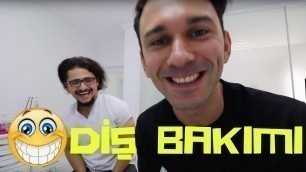

!['I Tried Akshay Kumar full routine For 24 Hours ( workout routine ,diet ,ritual) [Hindi]'](https://cdn-img01.fitness4blog.com/images/5-m/395/395484_m.jpg)



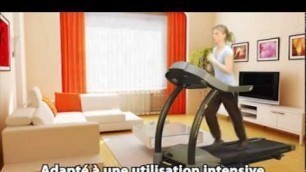
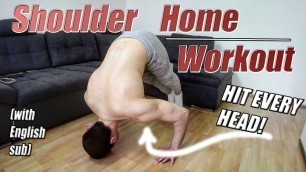

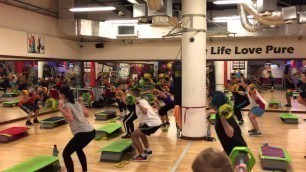
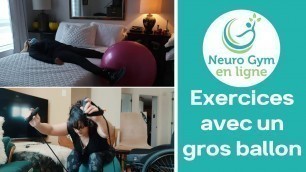



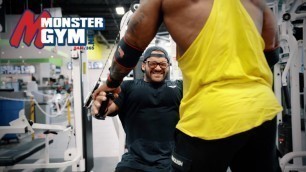


comments